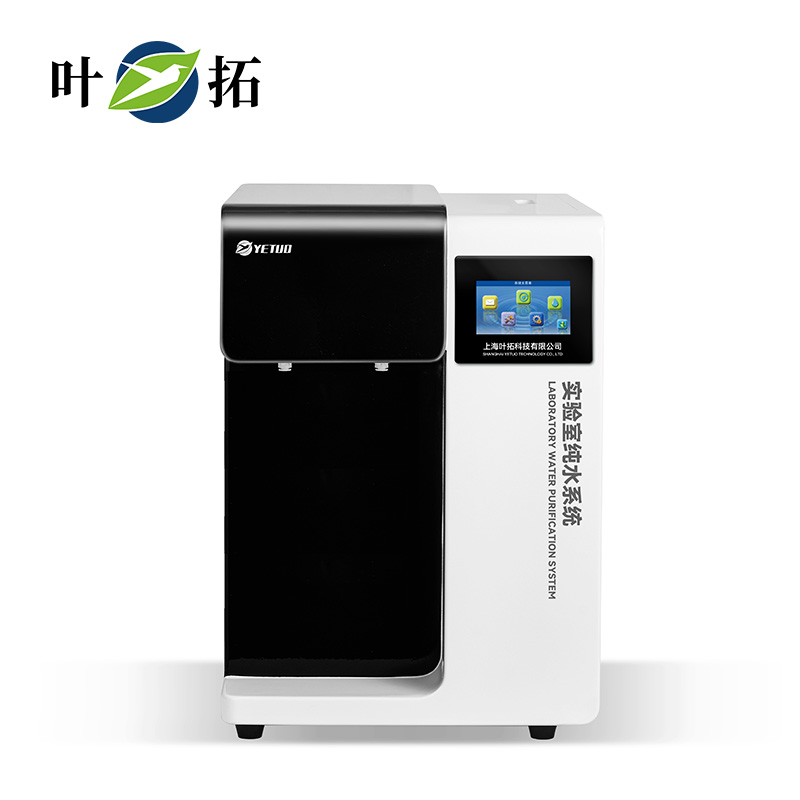Ultra pure water machine and water purifier are two different types of water treatment equipment, and they have some differences in water purification. Here are their main differences:
Water purification level:
Ultra pure water machine: The main goal of an ultra pure water machine is to produce highly pure water, commonly referred to as ultrapure water or deionized water. This type of water undergoes multiple treatment steps, such as reverse osmosis, electrodeionization, etc., to remove almost all ions, microorganisms, and organic pollutants, producing high-purity water suitable for high demand fields such as laboratories, medicine, and electronic manufacturing.
Water purifier: The goal of a water purifier is to improve the quality of tap water, making it more suitable for drinking and general household use. They usually use technologies such as filtration and activated carbon adsorption to remove most pollutants, but the water quality is not as pure as the water produced by a pure water machine.
Application areas:
Ultra pure water machine: Ultra pure water machines are mainly used in professional fields such as laboratories, medical facilities, electronic manufacturing, pharmaceuticals, etc. that require high water quality. Their water quality requirements are very strict to ensure the accuracy and reliability of experiments and manufacturing processes.
Water purifier: Water purifiers are mainly used in homes, offices, commercial places, etc., to provide safe and tasty drinking water, as well as some daily household water such as cooking, washing, and showering.
Water quality standards:
Ultra pure water machine: Pure water machines usually need to comply with higher water quality standards, such as foreign CLSI standards, ASTM standards, or pharmacopoeia standards, to ensure consistency and traceability of water quality.
Water purifier: Water purifiers usually only need to meet drinking water quality standards, which specify the safety and taste of general drinking water.


 Alibaba Store
Alibaba Store Tmall Store
Tmall Store Jingdong Sstore
Jingdong Sstore







